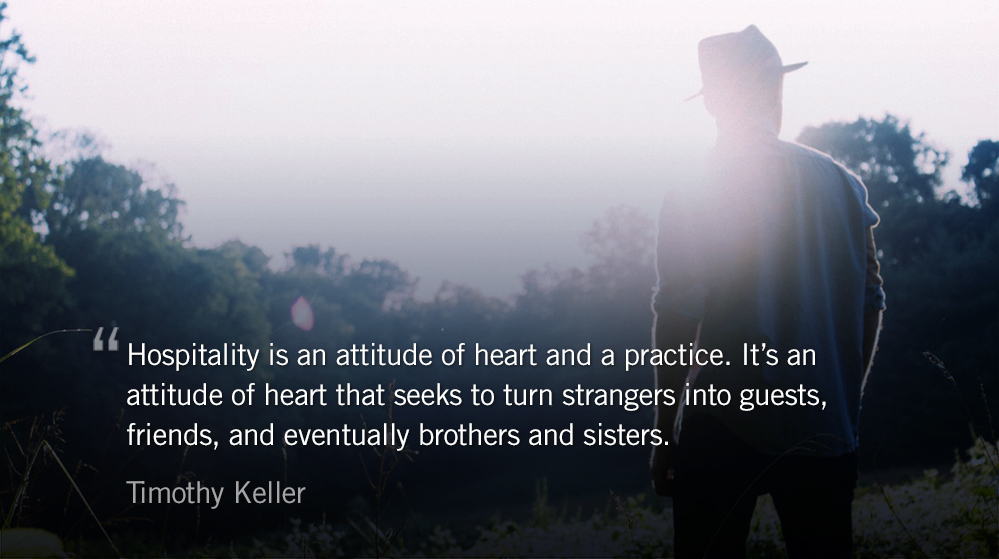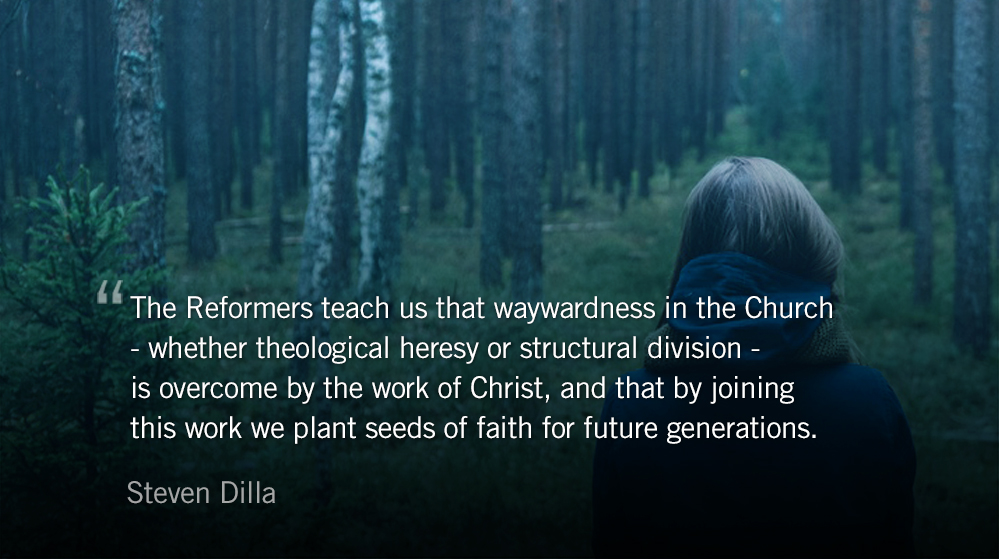So Ahaz sent messengers to Tiglath-pileser king of Assyria, saying, “I am your servant and your son. Come up and rescue me from the hand of the king of Syria and from the hand of the king of Israel, who are attacking me.”
The historic record in 2 Kings 16 provides the background for some of the most significant Messianic prophecy in the Hebrew Bible. Combining this record with Chronicles, Isaiah, and an Assyrian account we understand what was happening to God’s people during time when much of the ancient Near East was being consumed by Assyria.
- To fight Assyria’s rising power the kings of Syria and Samaria became allies and were joined by Philistia and Edom. Israel also joined the alliance (Israel was divided from Judah, which maintained control of Jerusalem).
- Judah, led by King Ahaz, refused to join the alliance.
- When it became clear the alliance would overtake Judah, King Ahaz turned to the Assyrians for help.
For this help Ahaz depleted the treasury, and even stripped the Temple, in order to pay the heavy tribute demanded of him by the Assyrian king. Judah’s king went so far as to install Assyrian cultic furnishings in the Temple. — Craig Evans
The path to idolatry isn’t mystical and faith-filled, but concrete and pragmatic. Ahaz sought counsel in the most proven and mighty voices of his day — though they led him away from intimacy with God. His desired outcome was noble; he wanted to ensure his kingdom lasted through the threat at hand — that peace came to his house and his people.
For to us a child is born, to us a son is given; and the government shall be upon his shoulder, and his name shall be called Wonderful Counselor, Mighty God, Everlasting Father, Prince of Peace. — Isaiah 9.6
Idolatry is exposed in Scripture as transactional — exchanging personal effort for short-term satisfaction. The Gospel, Immanuel, is revealed as a stark contrast to the unpredictability and insufficiency of our own efforts.











